Flexible packaging has become increasingly popular in the food industry due to its convenience, cost-effectiveness, and sustainability. When it comes to food and pet food packaging, the selection of materials is crucial to ensure the safety, quality, and shelf life of the products. The right material not only protects the contents from external factors but also plays a significant role in preserving the flavor, aroma, and nutritional value of the food. Here, we will discuss the importance of material selection for flexible packaging in food and pet food packaging bags.
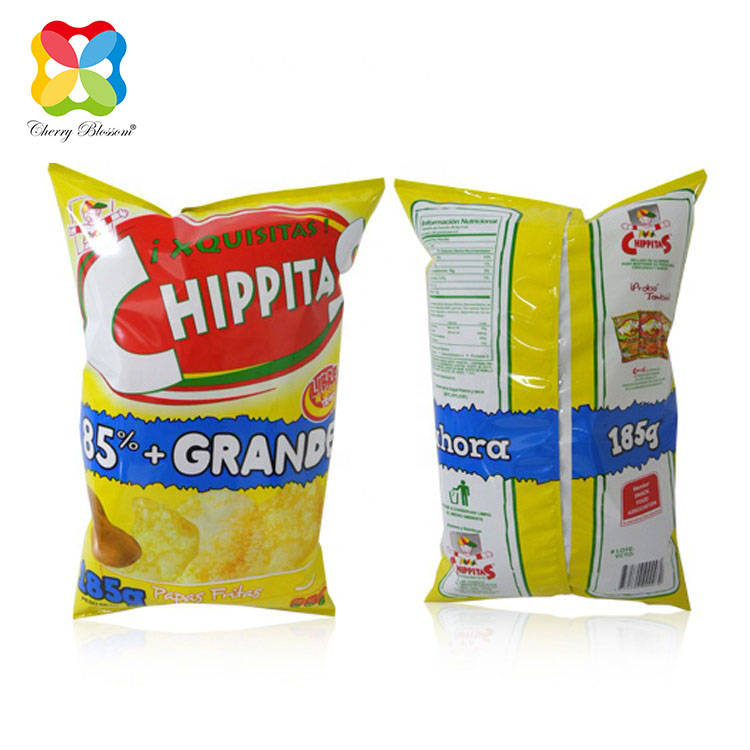
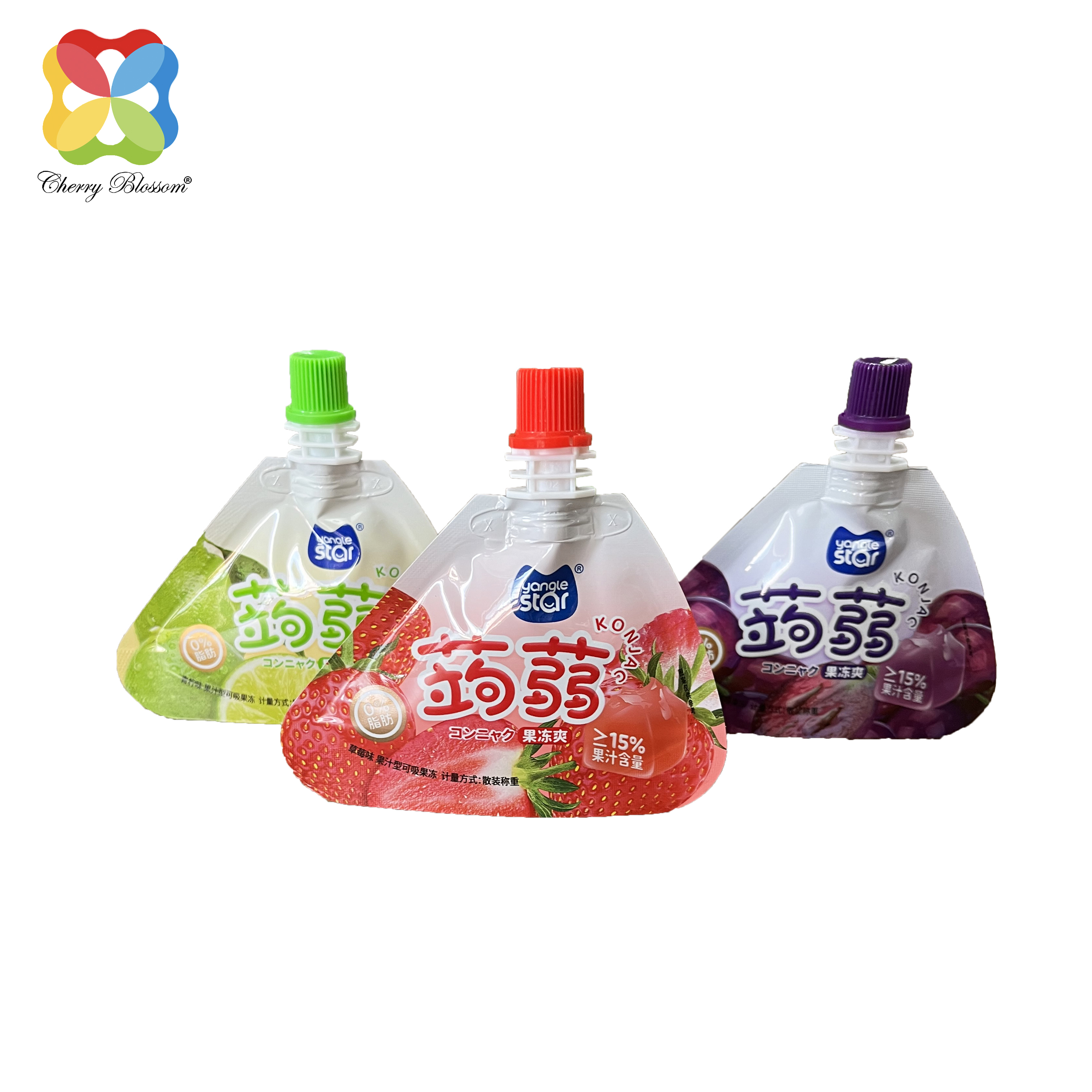
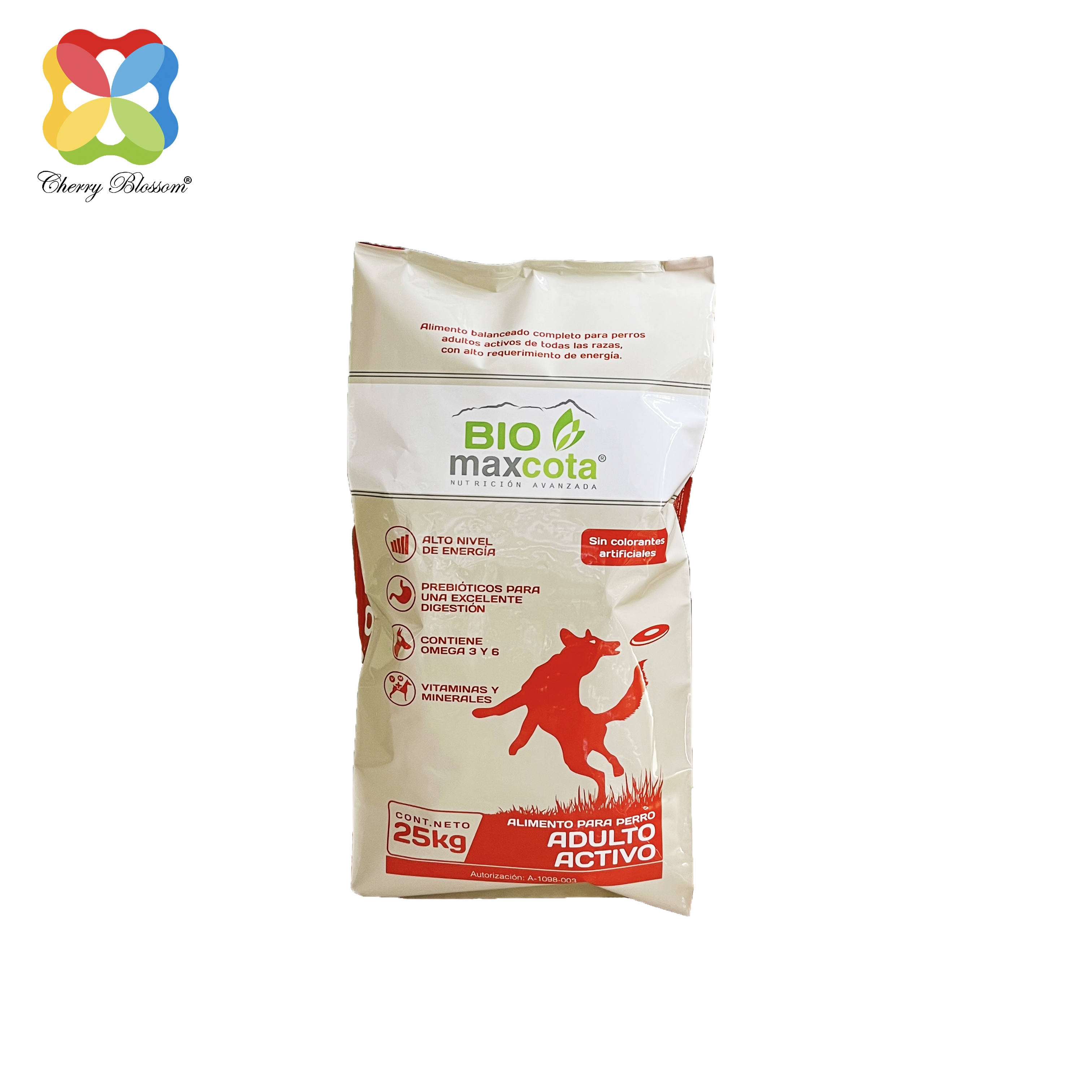
One of the key considerations in material selection for food packaging is the barrier properties of the material. Flexible packaging materials such as polyethylene, polypropylene, and polyester offer excellent barrier properties against moisture, oxygen, light, and other external elements. These barriers help in extending the shelf life of the food products by preventing spoilage, mold growth, and oxidation. For pet food packaging, barrier properties are equally important to maintain the freshness and quality of the pet food over an extended period.
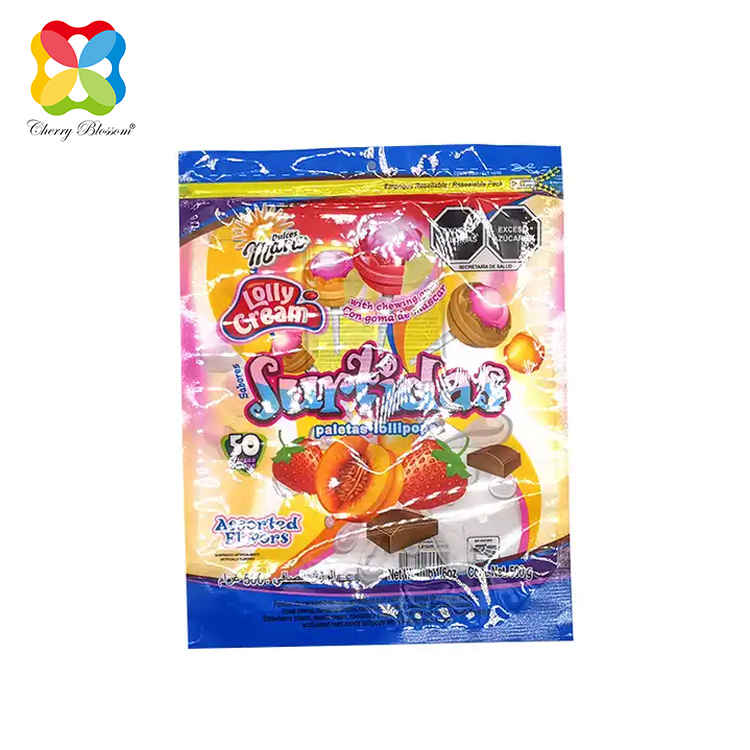
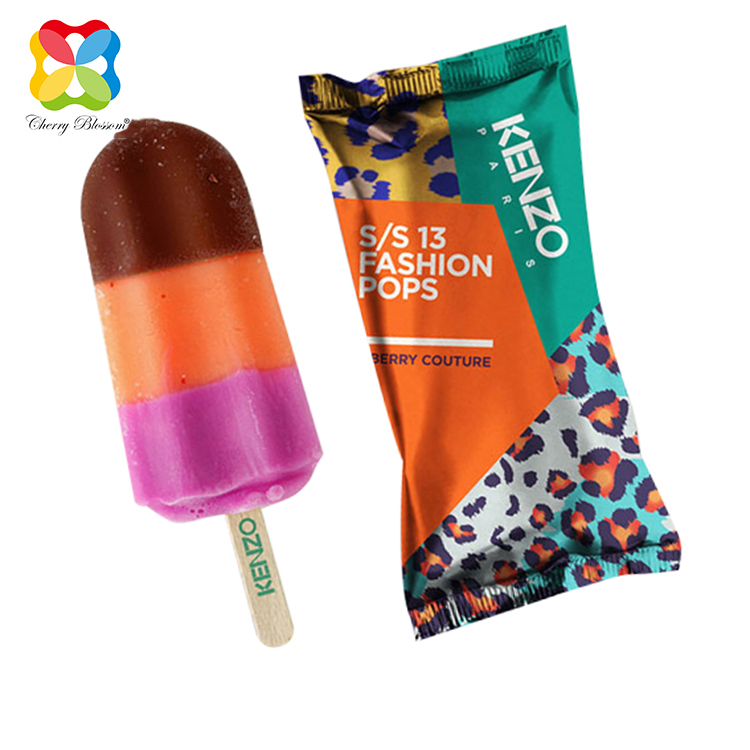
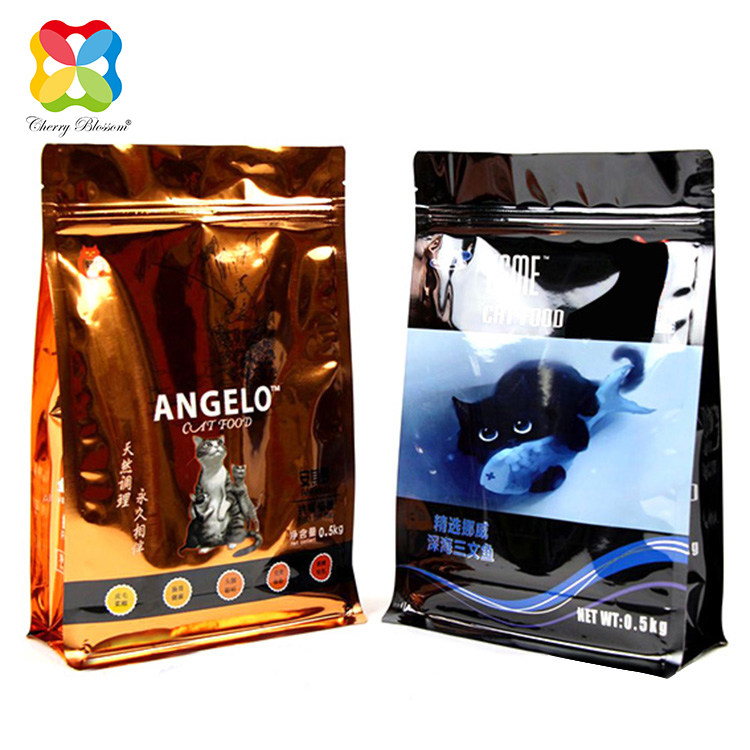
Another important factor in material selection is the seal strength and integrity of the packaging. The material should be able to withstand the rigors of transportation, handling, and storage without compromising the integrity of the seal. This is particularly crucial for pet food packaging, as it ensures that the packaging remains intact and the contents are protected from contamination.
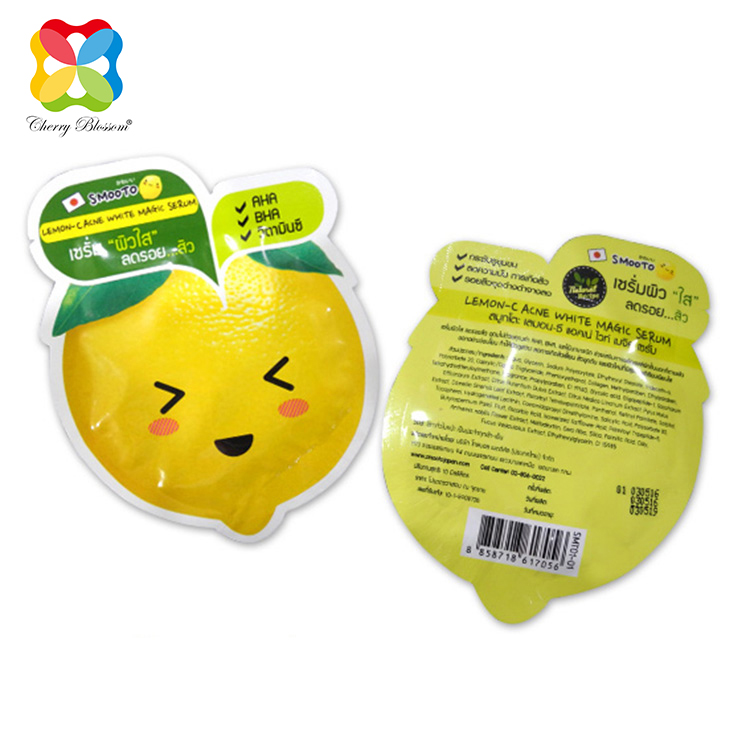
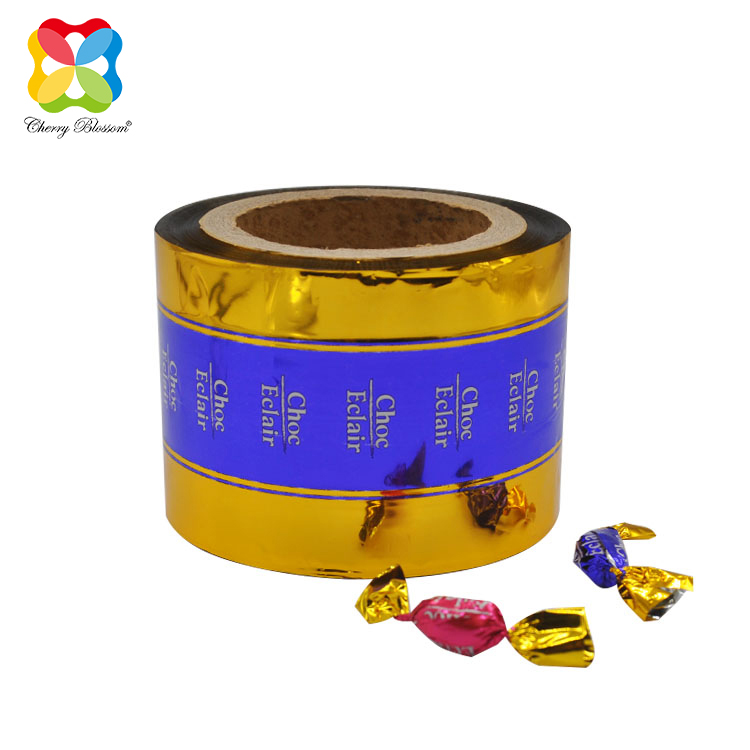
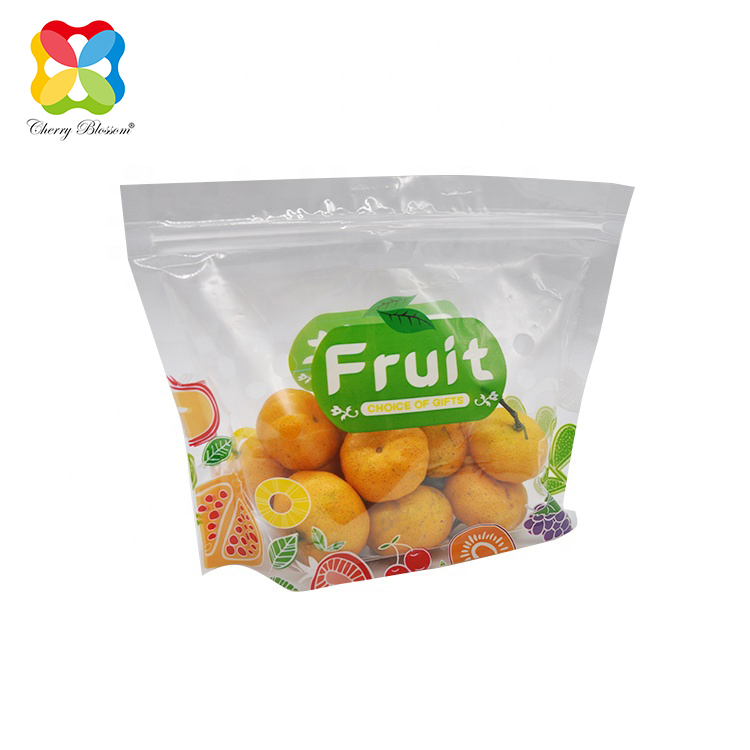
Furthermore, the material should be compatible with the printing and labeling requirements of the packaging. Flexible packaging materials offer excellent printability, allowing for vibrant and high-quality graphics, product information, and branding to be displayed on the packaging. This is essential for food and pet food packaging, as it helps in attracting consumers and conveying important information about the product.
In addition to barrier properties and seal strength, the sustainability of the packaging material is a growing concern in the food industry. Consumers are increasingly looking for eco-friendly packaging options that minimize environmental impact. As a result, there is a growing demand for sustainable and recyclable materials in food and pet food packaging. Manufacturers are exploring options such as biodegradable films, compostable materials, and recyclable plastics to meet these sustainability goals.
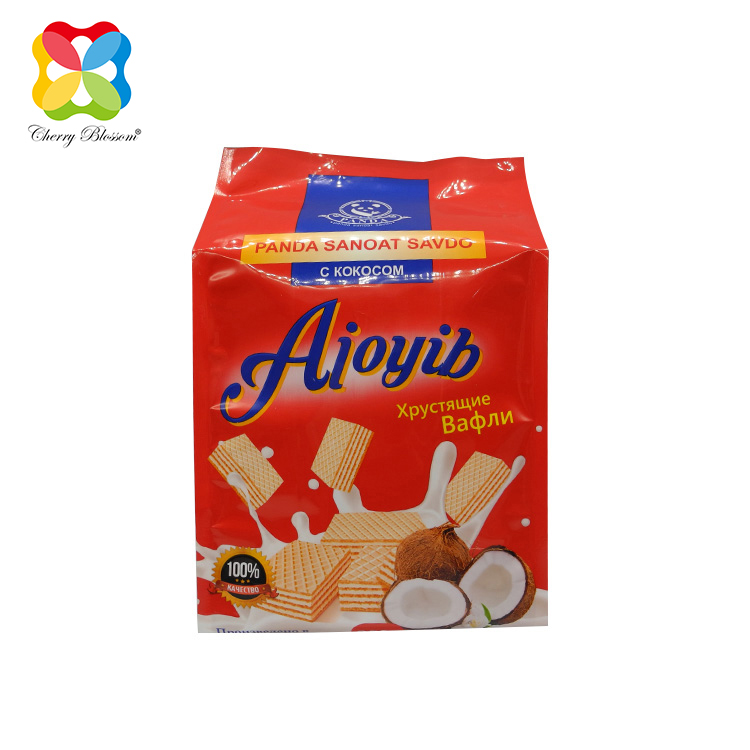
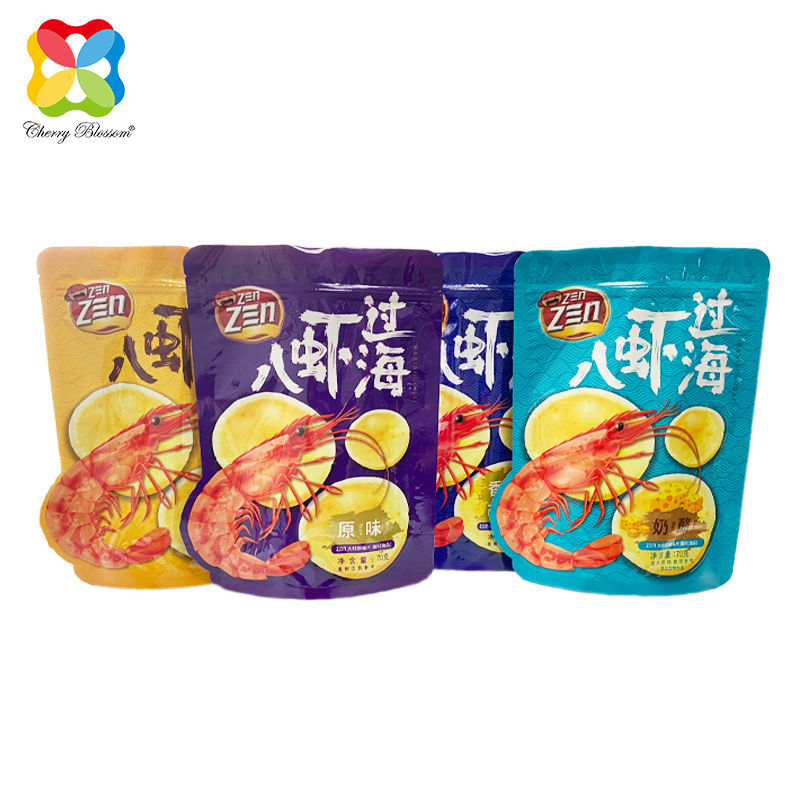
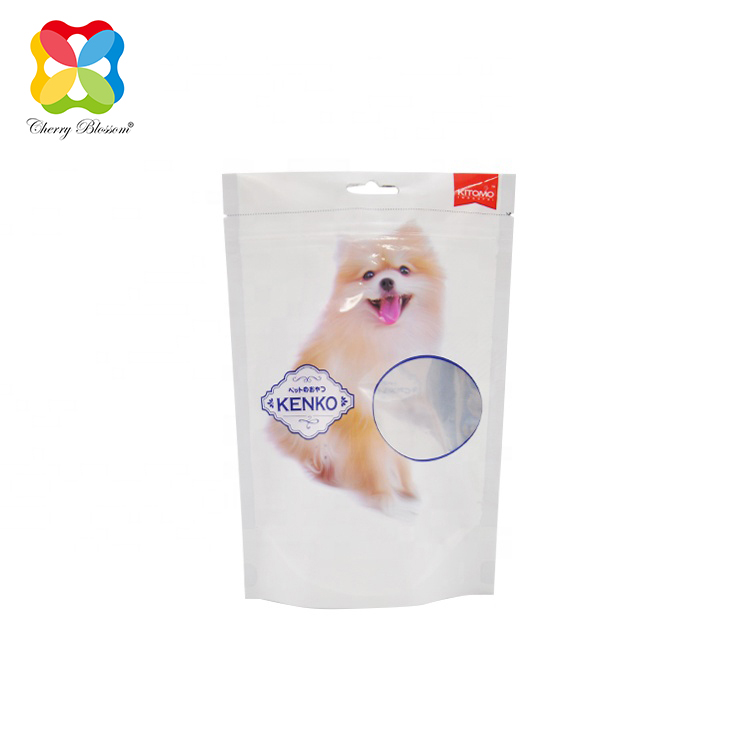
When it comes to pet food packaging, the material selection should also take into account the specific requirements of pet food products. Pet food packaging bags need to be durable, puncture-resistant, and able to withstand the rigors of handling and transportation. Additionally, the material should be safe for pets, ensuring that there is no risk of contamination or harm to the animals.
In conclusion, material selection plays a critical role in the design and production of flexible packaging for food and pet food products. The right material not only ensures the safety and quality of the products but also contributes to the overall sustainability of the packaging. As the demand for flexible packaging continues to grow, manufacturers are constantly innovating and exploring new materials to meet the evolving needs of the food and pet food industry. By considering factors such as barrier properties, seal strength, printability, and sustainability, manufacturers can create packaging solutions that effectively protect and showcase food and pet food products.
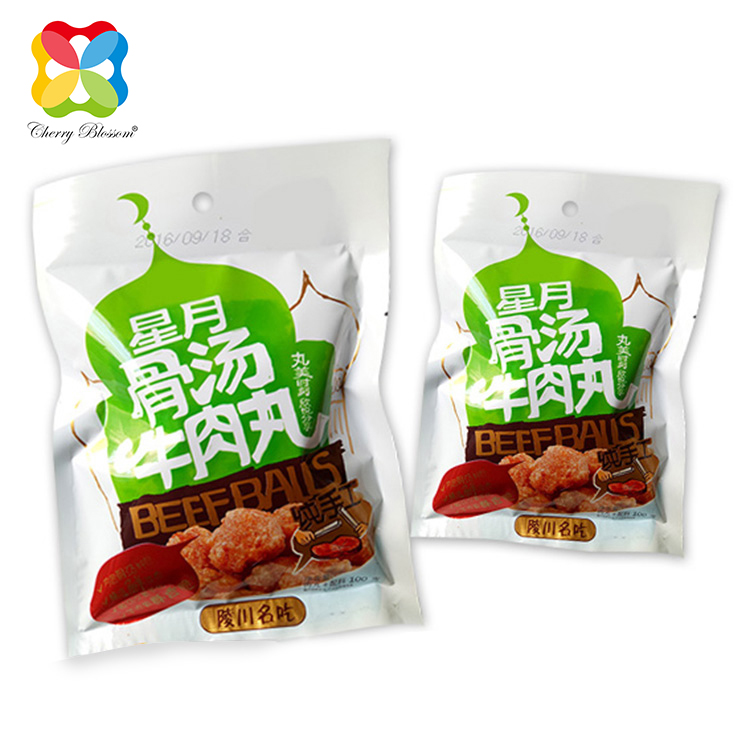
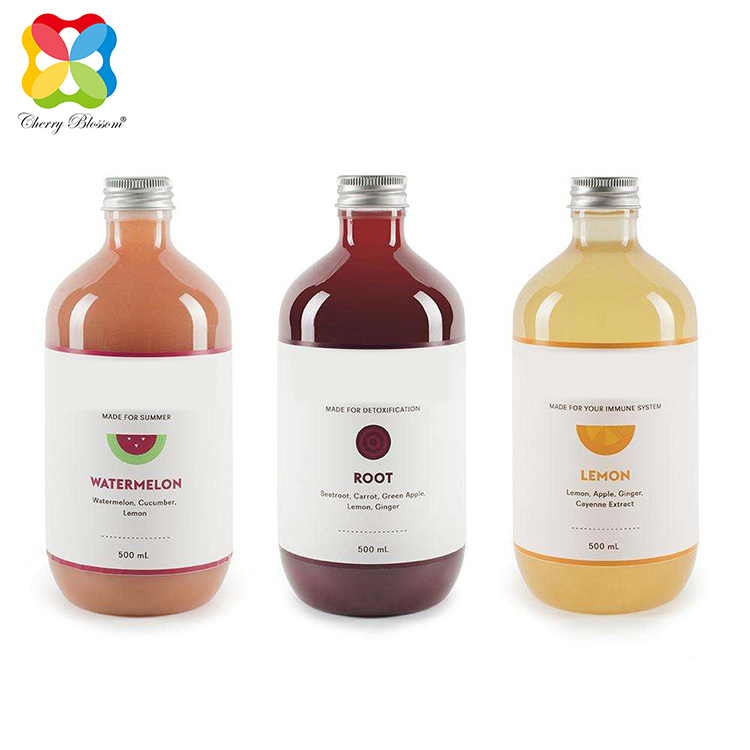
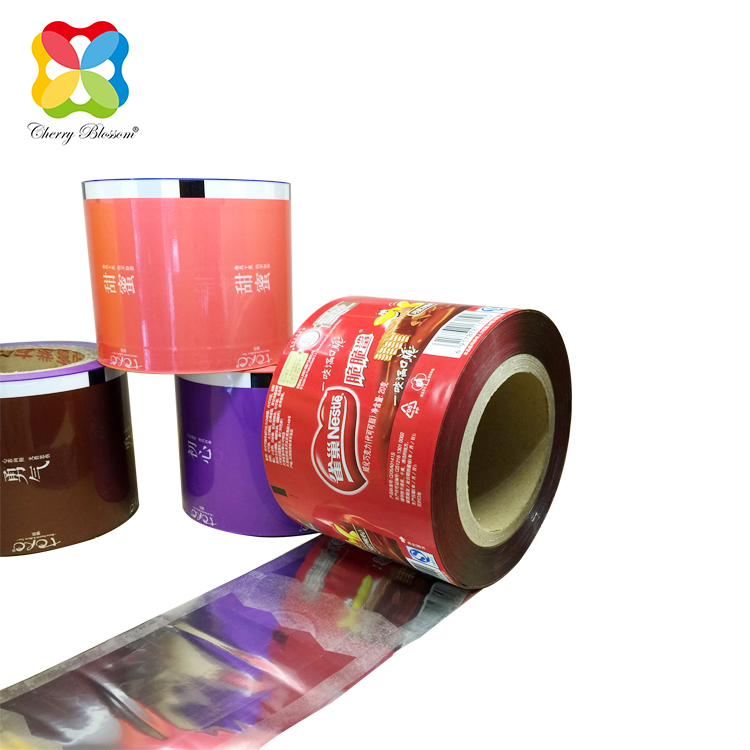
Post time: Apr-03-2024






